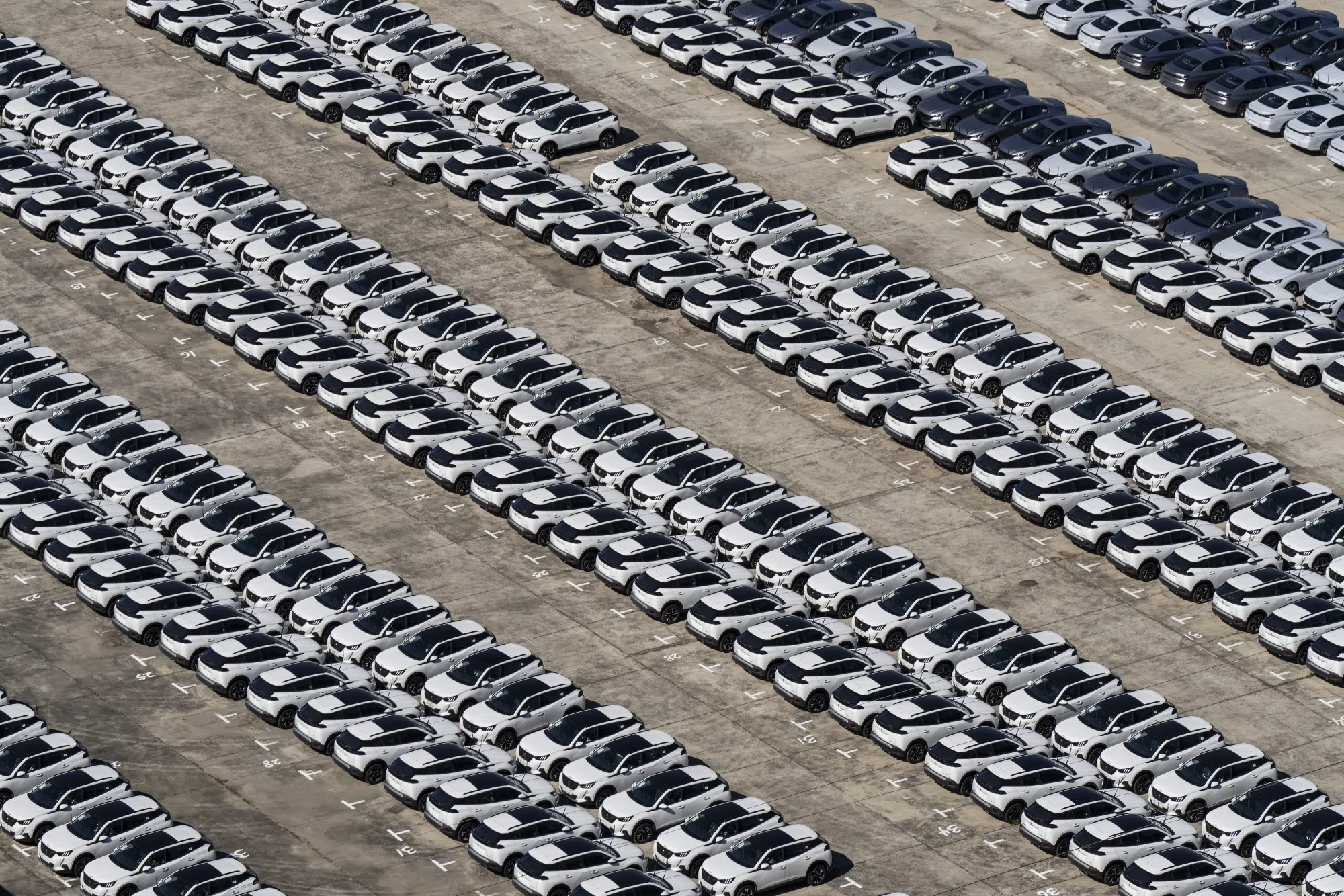DONGFENG Motor Group surged almost 90 per cent in Hong Kong after the Chinese automaker said its parent company plans to restructure, a move investors speculated could kick start a wave of consolidation in the nation’s ultra-competitive car market.
Dongfeng Motor is planning a restructuring with other central state-owned enterprise groups that may lead to a change in its controlling shareholder, Dongfeng Motor Group said in an exchange filing on Sunday (Feb 9).
Separately, another legacy automaker in China, Chongqing Changan Automobile said on Sunday that its indirect shareholder, China South Industries Group, is aiming to restructure with central state-owned enterprise groups too.
Shares jumped on Monday. Dongfeng climbed as much as 86 per cent, the biggest intraday advance on record, before paring gains to 19 per cent. Changan rose 6.1 per cent.
Like their counterparts in Europe and the US, China’s legacy automakers are struggling to regain ground lost to the electric vehicle (EV) boom. The seismic shift in the market has given rise to new industry heavyweights such as BYD, now China’s top-selling car brand, while squeezing out companies that cannot keep up with the technology-heavy offerings popular with drivers.
If realised, the merger would be a landmark event for China’s auto industry and enable the new entity to invest the vast sums required to develop the EV technologies needed to keep up with the cutting-edge models on offer by rivals.
BT in your inbox
Start and end each day with the latest news stories and analyses delivered straight to your inbox.
“The restructure, if it materialises, would be a big step towards industry consolidation and of great importance to China’s auto industry for the longer term,” Morgan Stanley analysts including Joey Xu and Tim Hsiao, wrote in a note. The move would see “resource allocation towards brands with more competitive products and technologies, as well as a speeding up of industry consolidation”, they wrote.
Beyond EVs, the merger would also offer significant advantages in the combustion engine sector. A single, more streamlined company would gain economies of scale in manufacturing, procurement and distribution that would help cut costs in a market that sees regular price wars.
Still, consolidating two large, state-owned enterprises is a complex undertaking. Integrating disparate corporate cultures, streamlining overlapping operations and managing potential redundancies are just some of the challenges that would need to be addressed.
There are likely to be political sensitivities surrounding such a move, particularly concerning potential job losses. The combined entity would also need to manage a diverse brand portfolio to avoid cannibalisation of market share.
So far, both listed parties indicated there would be a limited impact on their daily operations in near term. Morgan Stanley said it expects a more gradual restructuring process starting with parent companies, with integration among the listed companies to take longer.
Dongfeng Group sold 2.48 million vehicles in 2024, while Changan sold 2.68 million cars, including combustion engine vehicles and new energy cars, data from the State-owned Assets Supervision and Administration Commission showed. BYD shipped 4.27 million new-energy cars in the same period. BLOOMBERG







